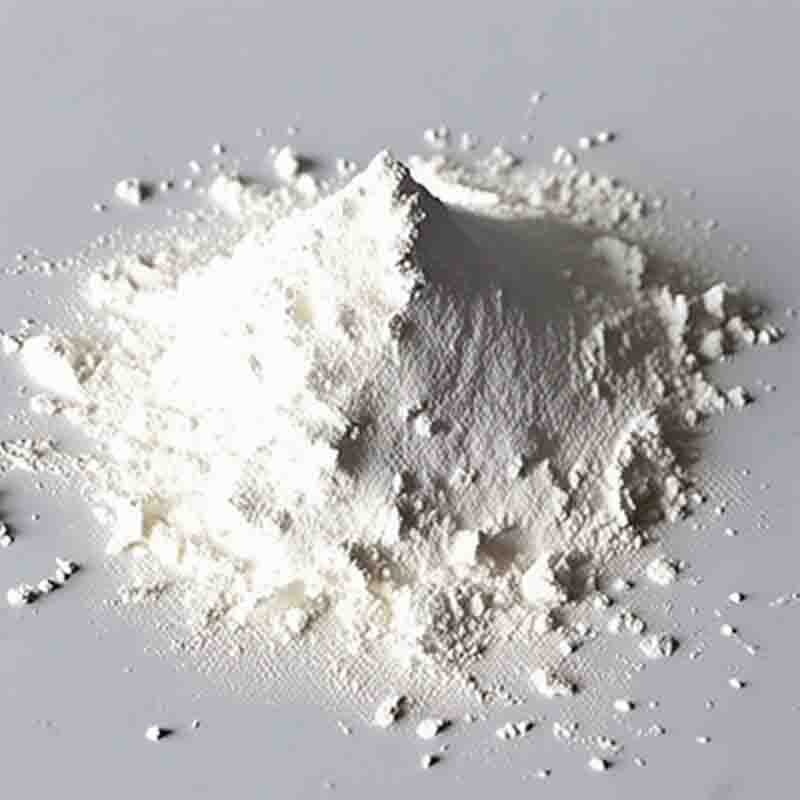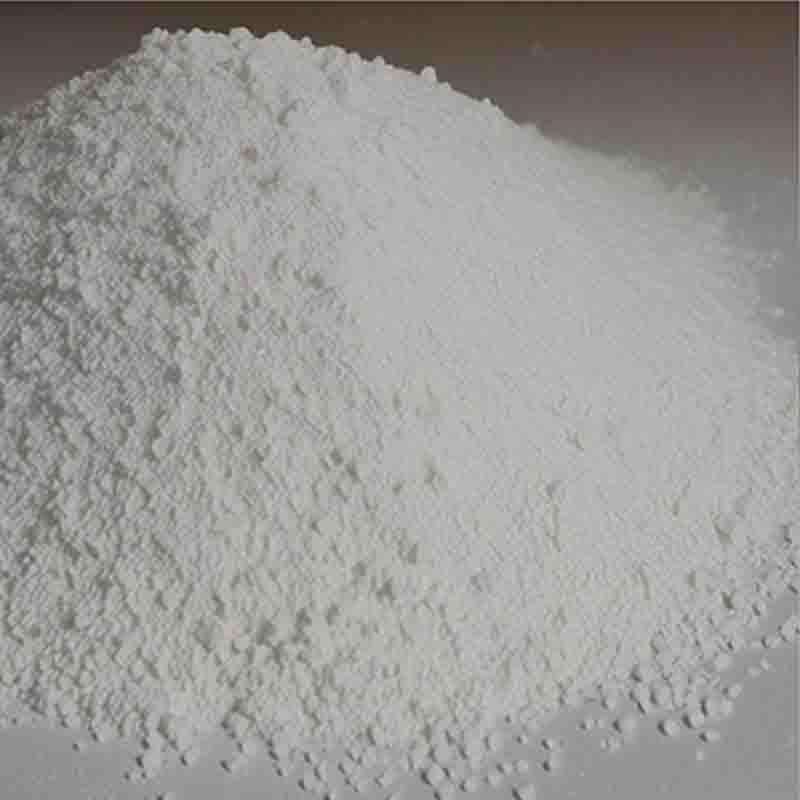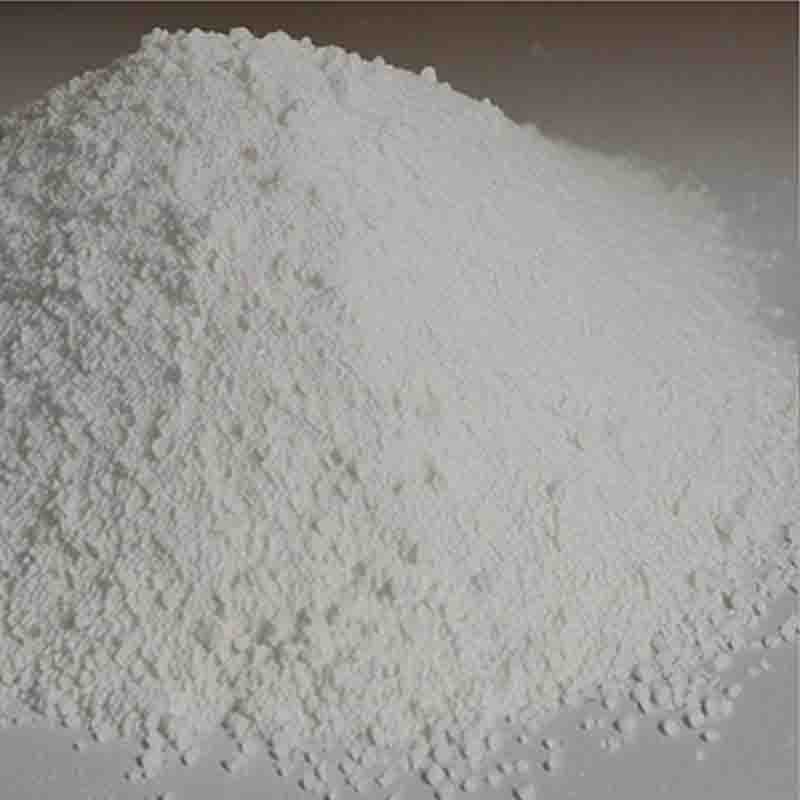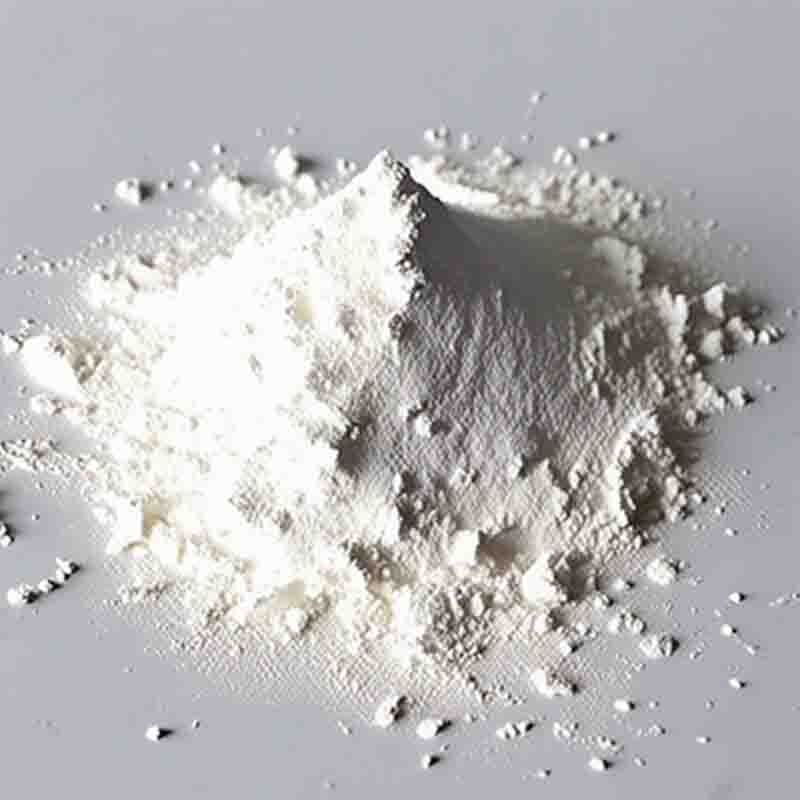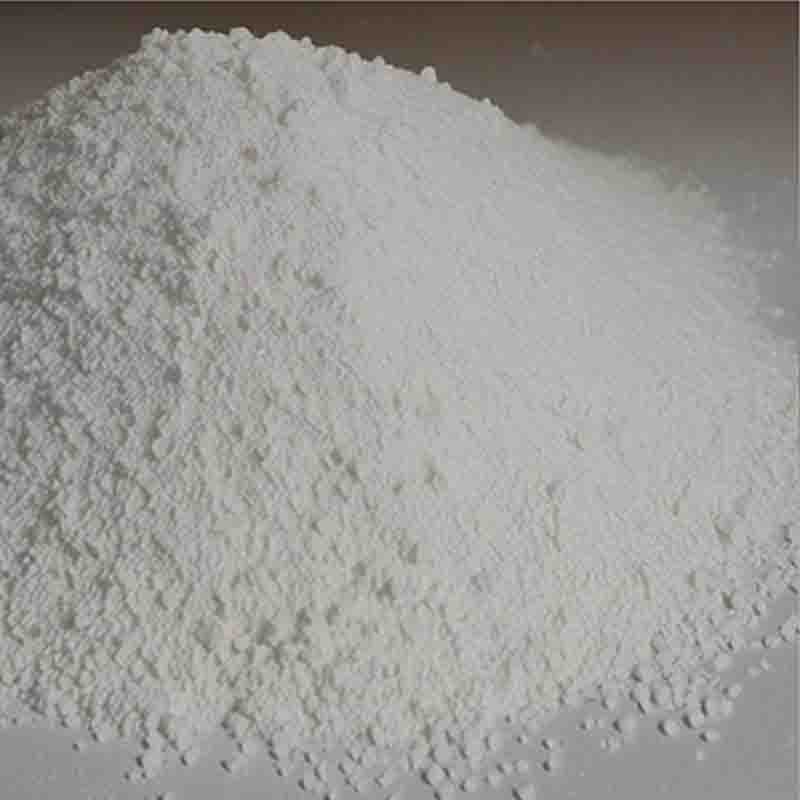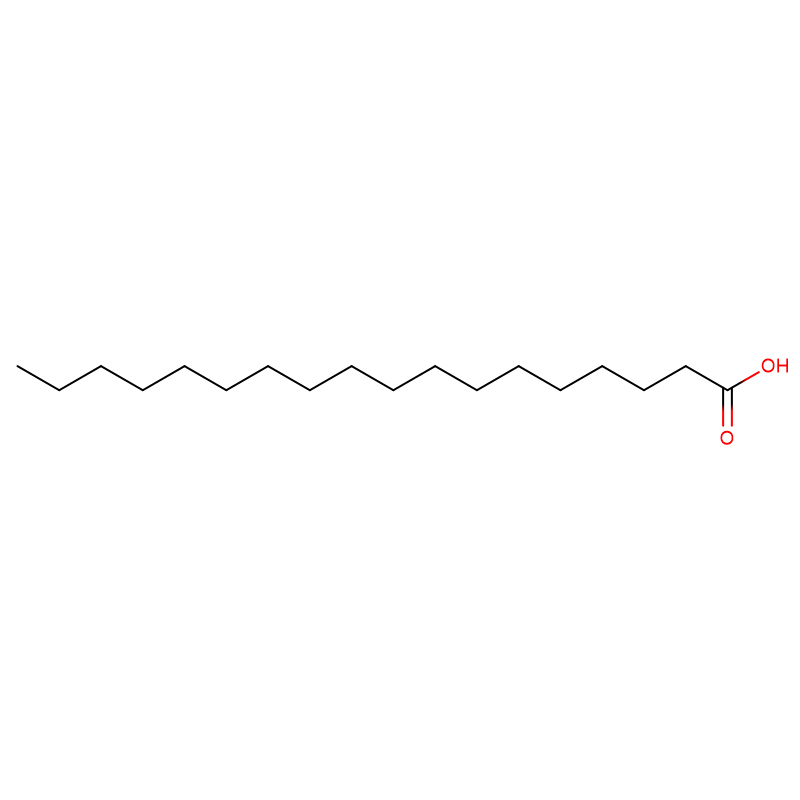Sodium-t-amylate CAS: 14593-46-5
| Catalog Number | XD94247 |
| Product Name | Sodium-t-amylate |
| CAS | 14593-46-5 |
| Molecular Formula | C5H13NaO |
| Molecular Weight | 112.15 |
| Storage Details | Ambient |
Product Specification
| Appearance | White powder |
| Assay | 99% min |
Sodium-t-amylate, or more commonly known as sodium amylate, is a chemical compound with the molecular formula C5H11ONa. It is an alkoxide, specifically the sodium salt of amyl alcohol. This white or off-white solid is highly reactive and finds various applications in organic synthesis and industrial processes.One primary use of sodium amylate is as a strong base in chemical reactions. It is commonly employed in reactions requiring deprotonation, where it abstracts a proton (H+) from a molecule, leading to the formation of the corresponding alkoxide ion. This deprotonation is particularly useful in synthesizing a wide range of organic compounds, including alcohols, ethers, esters, and carboxylic acids.Due to its highly basic nature, sodium amylate is an effective catalyst and reagent for a variety of chemical transformations. It is often used in the alkylation of active hydrogen compounds, where it allows the introduction of alkyl groups into molecules. This process is important in the production of pharmaceuticals, pesticides, and other fine chemicals.Sodium amylate also finds application in the condensation reactions. For example, it is used in the Claisen condensation, a reaction that forms carbon-carbon bonds between esters or carbonyl compounds. This transformation is cardinal in the synthesis of β-keto esters, which serve as essential intermediates for various organic transformations.Furthermore, sodium amylate can be employed in the synthesis of symmetrically or unsymmetrically substituted ethers. It plays a crucial role in Williamson ether synthesis, where it acts as a strong base to generate alkoxide ions, allowing for the nucleophilic attack on alkyl halides. This enables the formation of ethers with high selectivity.Another notable use of sodium amylate is its application as a catalyst in transesterification reactions. Transesterification is a process that involves the exchange of ester functional groups between two molecules. Sodium amylate facilitates this reaction by catalyzing the breaking of ester bonds and the formation of new ester bonds, resulting in the production of various ester compounds.Moreover, sodium amylate can be used as a reagent for the conversion of carboxylic acids to their corresponding esters. It participates in Fischer esterification reactions, whereby it reacts with carboxylic acids and alcohols to form esters with the liberation of water. This transformation is widely utilized in the synthesis of flavors, fragrances, and other important organic compounds.In summary, sodium-t-amylate is a versatile compound with numerous applications in organic synthesis. Its strong basicity and ability to act as a catalyst make it valuable for various chemical reactions, including deprotonations, alkylations, condensations, and transesterifications. Its use in these reactions contributes to the efficient synthesis of a wide array of organic compounds, ranging from simple alcohols and ethers to complex pharmaceutical intermediates and fine chemicals.


